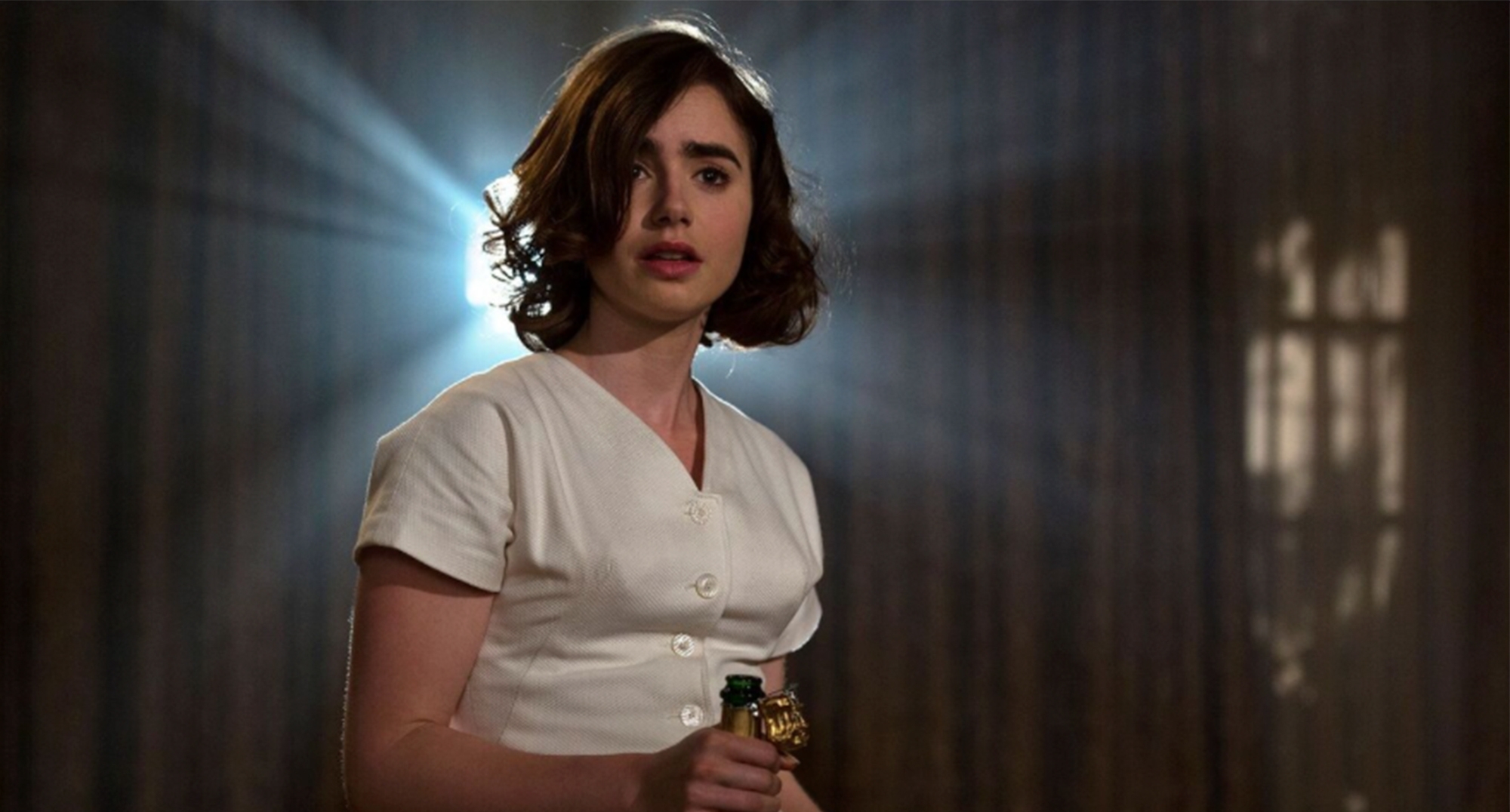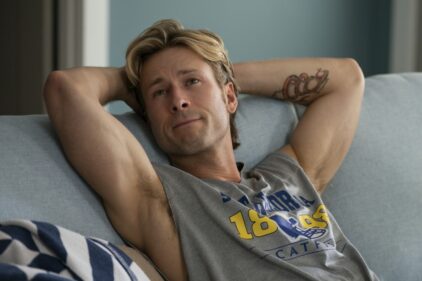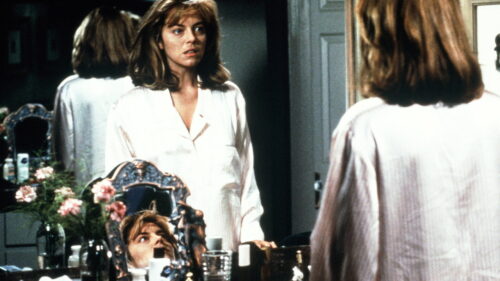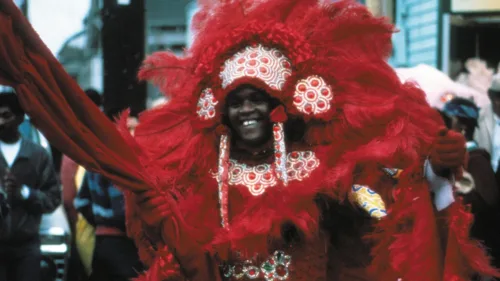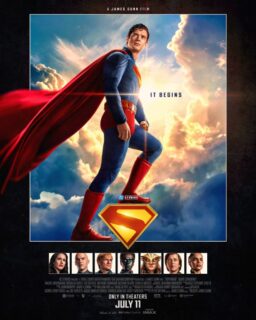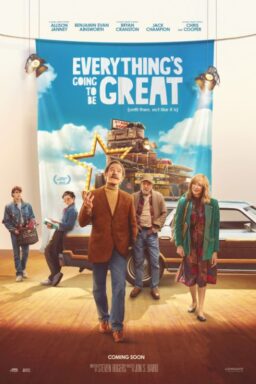In theory, “Rules Don't Apply” is about a couple of young people—Alden Ehrenreich, a driver for Hughes, and a would-be starlet played by Lily Collins, who moves out to Los Angeles with her mother, who’s played by multiple Oscar nominee Annette Bening, Beatty’s wife. Collins’ character is one of 28 young women being groomed as starlets by Warren Beatty‘s Howard Hughes, theoretically for a movie that he hopes to direct. There are talent classes; lavish parties and shots of vintage architecture; cars and clothing; a budding romance between the two young leads; and a sharp right turn into an age-inappropriate relationship between the heroine and Hughes, who is defined throughout the film’s first third mainly as a disembodied voice on the telephone, like the way “Seinfeld’ treated George Steinbrenner on “Seinfeld” and the comic strip “Doonesbury” depicted presidents.
But as Scout Tafoya’s latest edition of “The Unloved,” and one of my favorites, points out, “Rules Don’t Apply” is mainly about the mystery and audacity of its writer, director and co-star, Warren Beatty, a man who’s nearly as curious a figure as Howard Hughes. It makes sense that Beatty would have made his long-delayed return to filmmaking and acting with “Rules Don’t Apply,” playing the reclusive aviation magnate turned film producer.
The movie is not a biography. That would have been too obvious, and besides, Martin Scorsese already did it in 2004’s “The Aviator.” And yet is is weirdly, at times piercingly autobiographical, and I hadn’t really considered all the ways in which this is true until I saw Scout’s video essay. Beatty was at the center of this year’s Best Picture debacle at the Oscars, but until then we had gone many years without seeing much of him. Beatty didn’t do much press for “Rules Don’t Apply” (although he did speak to us), even though it was his first screen appearance as well as his first film as director since 1998s “Bulworth” (or maybe “Town and Country”—every movie Beatty has acted in post-“Heaven Can Wait” bears clear signs of postproduction Beatty-izing). It’s not like the star was holed up in a hotel suite somewhere like Hughes in his later years, growing a long white beard and losing his mind, but he was definitely not participating in celebrity culture as it is now practiced. The movie feels in some ways like an explanation, though not a particular apologetic one, for Beatty’s reticence about participating in public life. It also feels at times like a glimpse into Beatty’s working methods. The glimpses of Hughes’ obsessive-compulsive perfectionism in “Rules Don’t Apply” sync up with stories about Beatty taking years, and in this case over a decade, to make a new movie, and then obsessively re-cutting and re-cutting it until the list of editors is long enough to field a bowling team.
Another thing I love about this “Unloved” is the way Scout picks up on Beatty’s comedic sensibility and follows it through his work as both an actor and filmmaker. For a fellow who’s made as many landmark movies as Beatty, it’s curious and heartening that he doesn’t treat any of them as capital-I Important, even his Oscar-winning “Reds,” a biography of Communist journalist and revolutionary John Reed that’s presented more as a glimpse into the minds of writers, and at times a romantic comedy, than a history lesson or political tract. As Pauline Kael pointed out in her review, there’s a running gag in multiple Beatty films where the hero tries to tell a joke and nobody thinks it’s funny. There are also many scenes of knockabout humor in Beatty movies, at times where you wouldn’t normally expect to see any. Scout illustrates much of his narration in this video essay with images of Beatty being awkward or a clown, even when the subject is not Beatty’s comedy. It really drives home the idea of Beatty as essentially a comedy filmmaker, though one whose humor has an undertone of deep sadness as well as a mysterious quality.—Matt Zoller Seitz
The Unloved – Rules Don’t Apply from Scout Tafoya on Vimeo.
To watch more of Scout Tafoya’s video essays from his series The Unloved, click here.
